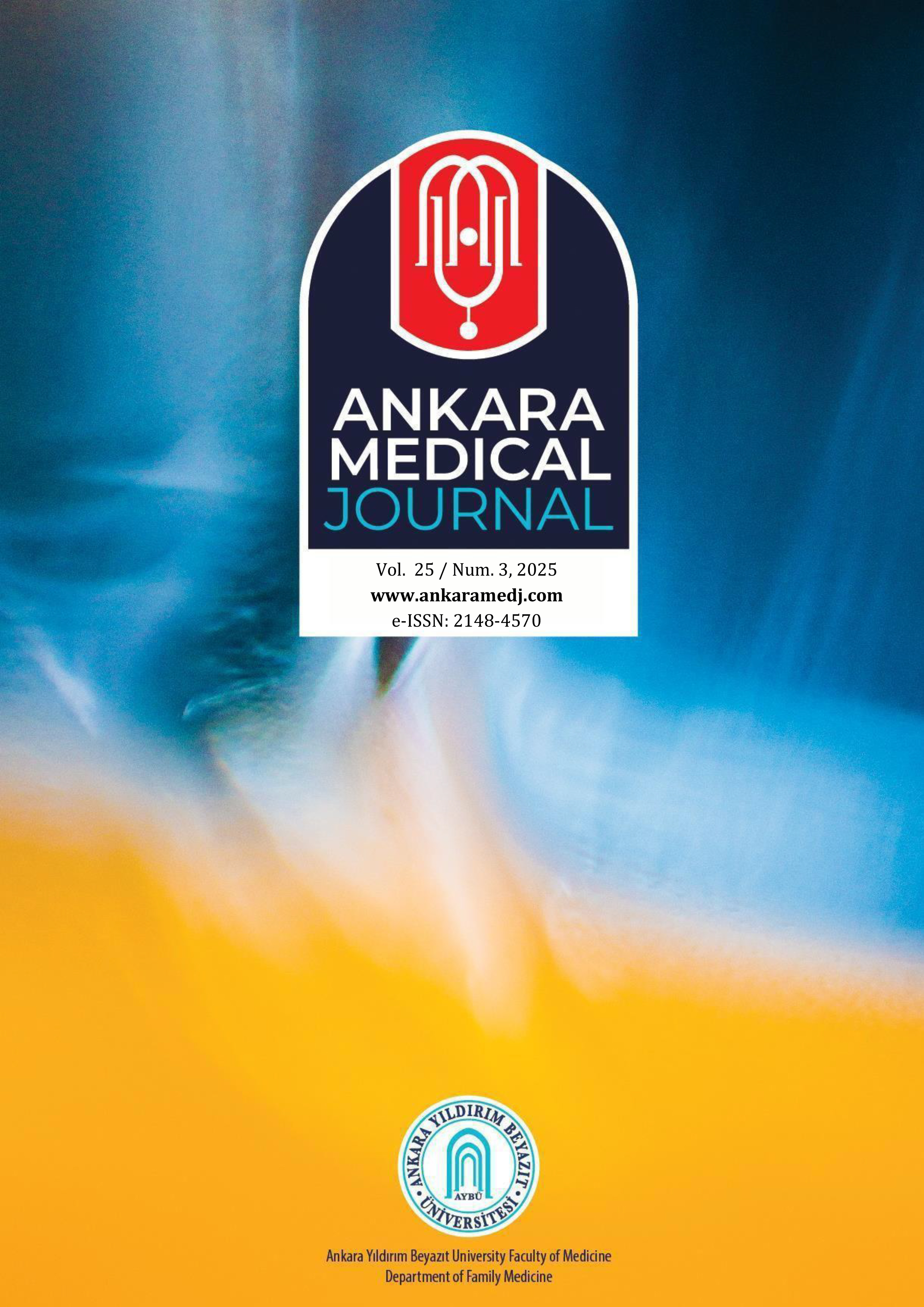Assessment of Pregnancy Follow-Ups For Cases Registered in a Family Health Center
Halil Alper Aslan1, Raziye Desdicioglu2, Gülin Feykan Yeğin31Department Of Family Medicine, Ankara City Hospital, Ankara, Turkey2Department Of Gynecology And Obstetrics, Yıldırım Beyazıt University, Ankara, Turkey
3Department Of Gynecology And Obstetrics, Ankara City Hospital, Ankara, Turkey
INTRODUCTION: Our research aimed to evaluate the antenatal care (ANC) and pregnancy outcomes for pregnant cases registered with a family practice unit providing primary health services.
METHODS: Data for 385 pregnant cases aged 18 to 40 years registered with a family health center from 15/07/2010 to 01/02/2019 were screened from the "Family Practice Information Management System" database. Data regarding antenatal visits were statistically investigated and the p-value below 0.05 was accepted as significant.
RESULTS: The mean age was 28.66±5.36 years. The mean pregnancy week of first attendance was 9.59±5.52. Of pregnant cases, 89.61% received iron, 47.79% vitamin D and 63.63% folic acid supplements. Of the patients, 81.81% had the first trimester, and 76.88% had second-trimester screening tests. 71.42% of patients had gestational diabetes screening, and 88.83% had detailed ultrasonography. 78.44% of patients had tetanus-diphtheria vaccination, while no pregnant case had influenza vaccination. The age and gravida did not affect receiving ANC, vitamin D, iron supplementation and tetanus-diphtheria vaccination status. Vitamin D use was higher in groups receiving education compared to those not receiving education. When the educated group was assessed among themselves, the use of supplements reduced as the educational level increased.
DISCUSSION AND CONCLUSION: There is a need to increase referrals for iron, vitamin D, and folic acid supplementation and for screening during antenatal follow-up. The tetanus-diphtheria vaccination rate was observed to be lower than ideal. Additionally, it appears administration of seasonal flu vaccines is deficient, and necessary steps should be taken to reduce concerns related to vaccination.
Keywords: Antenatal care, family physician, pregnancy.
Manuscript Language: English
(1419 downloaded)





